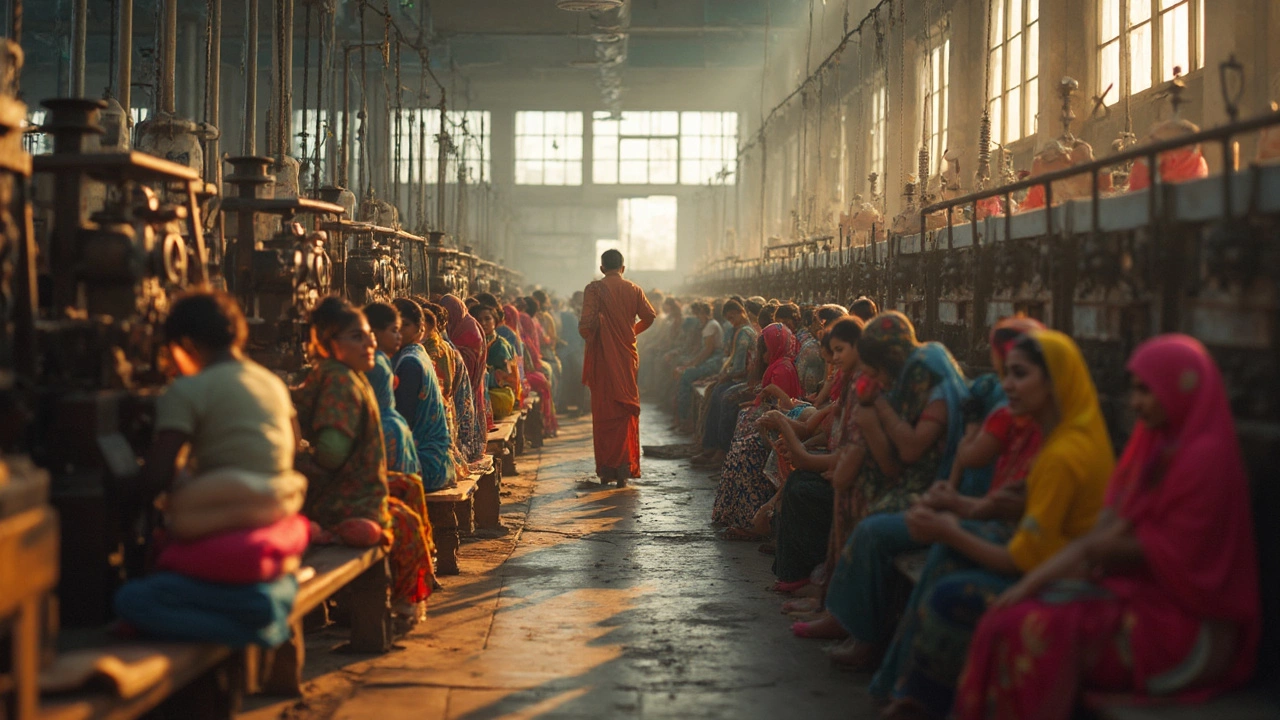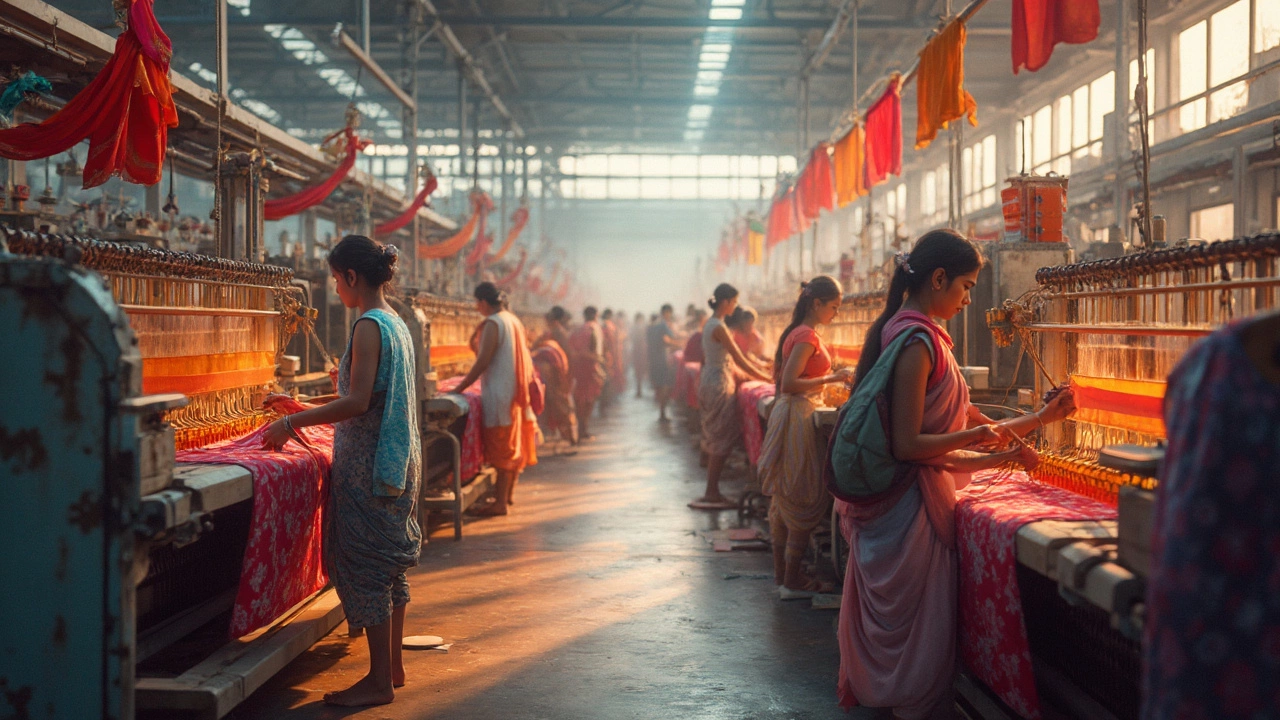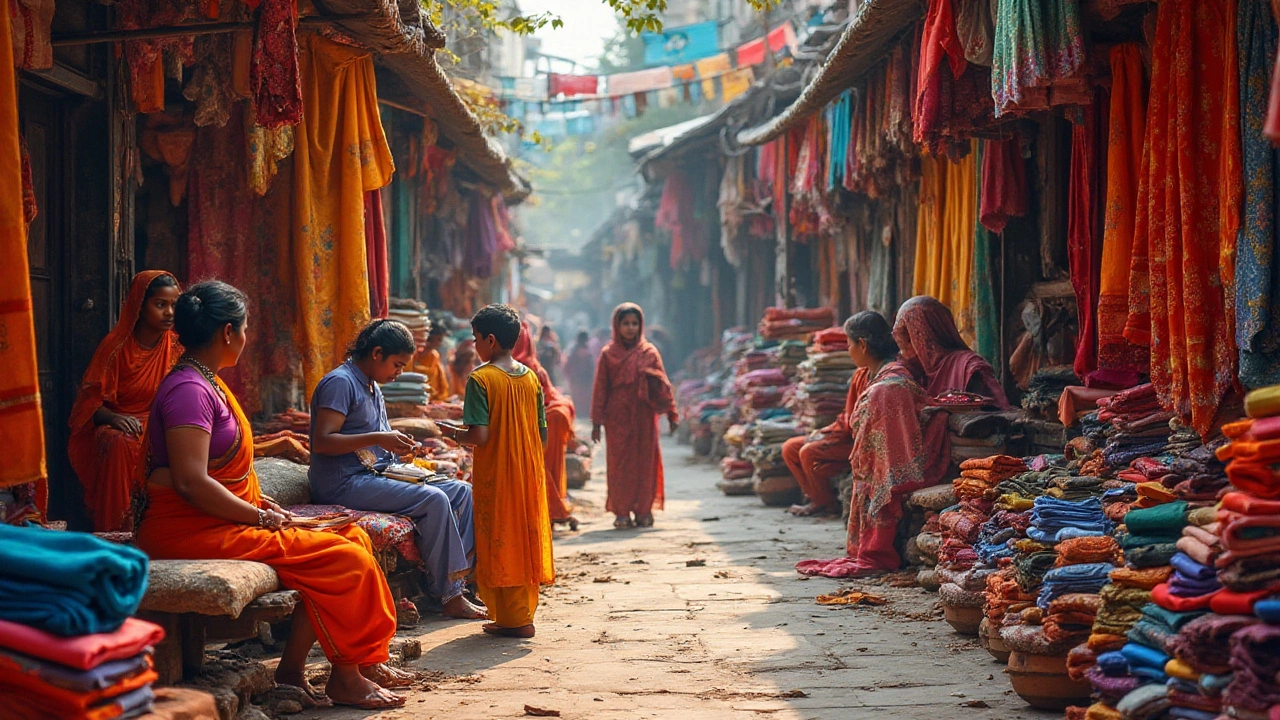Textile Industry – Indian Manufacturing Landscape
When working with textile industry, the sector that turns raw fibers into fabrics, garments and technical textiles. Also known as textile manufacturing, it fuels employment, exports and innovation across the country. The textile industry encompasses fiber production, yarn spinning and fabric weaving, creating a supply chain that powers fashion, home décor and industrial applications. A key player in this ecosystem is Arvind Limited, a diversified textile firm leading in denim, sustainable fabrics and global exports, which showcases how scale and technology can drive market leadership.
Major Companies and Market Dynamics
Beyond Arvind, another heavyweight shaping the scene is Reliance Industries, India's largest conglomerate that has entered textile manufacturing through its polyester and fibre businesses. Reliance’s integration of petro‑chemical feedstocks with textile production illustrates the trend of vertical integration, where raw material control boosts cost efficiency and product quality. Together, these firms contribute to a $60 billion Indian textile market, one of the world’s biggest fabric producers and exporters. The market’s breadth includes everything from handloom cooperatives to high‑tech mills, meaning policies, sustainability initiatives and global demand all ripple through the sector.
Looking ahead, the industry is leaning into automation, digital printing and eco‑friendly fibers. Small‑scale manufacturers are adopting modular machines to cut costs, while large conglomerates invest in R&D for bio‑based yarns. These shifts not only tighten the supply chain but also open new export opportunities in technical textiles and smart fabrics. Below you’ll find curated articles that dive deeper into city‑specific manufacturing hubs, job roles in related fields, and practical guides for anyone eyeing a foothold in this vibrant sector. Get ready to explore the full spectrum of insights that map the present and future of India’s textile landscape.


